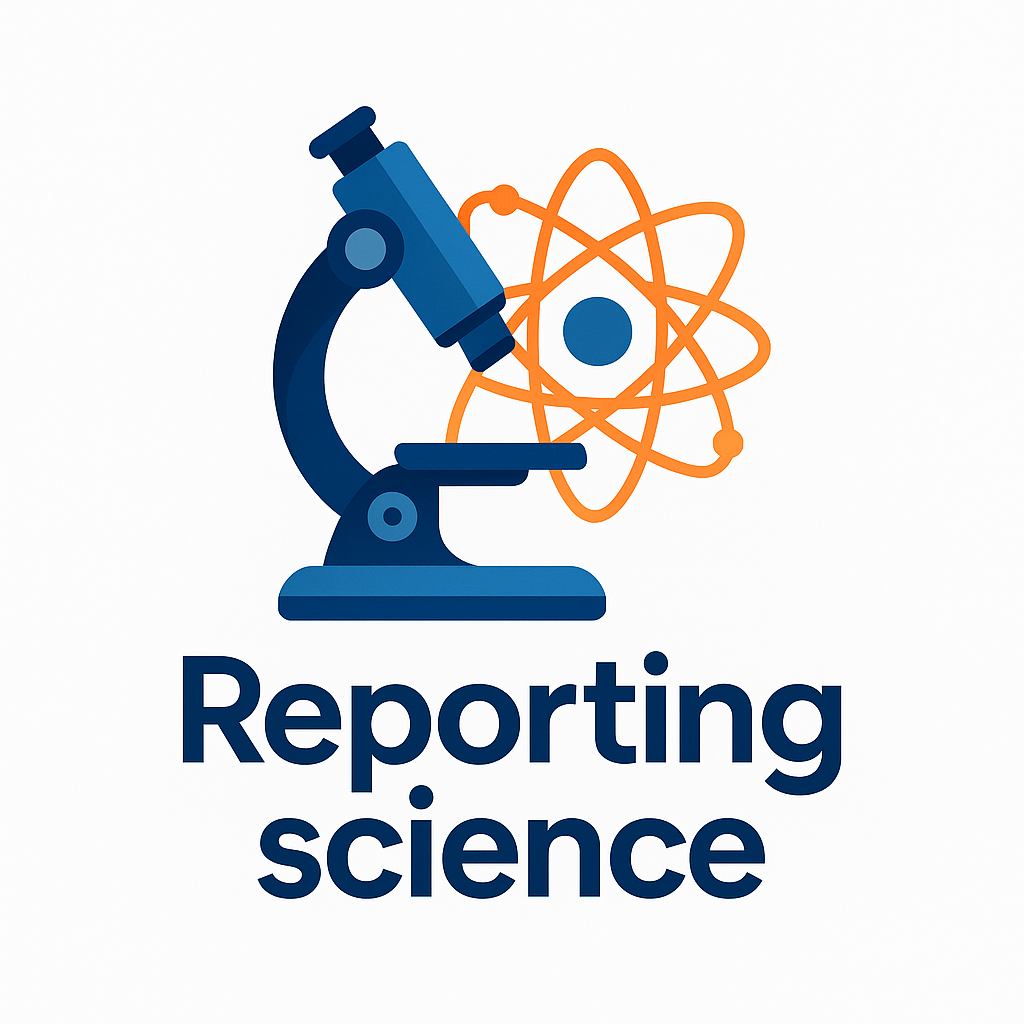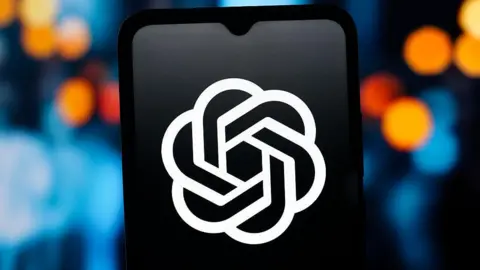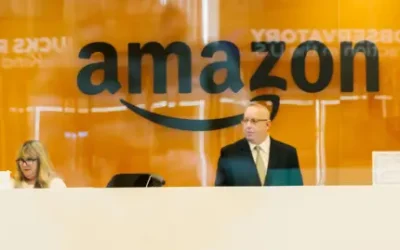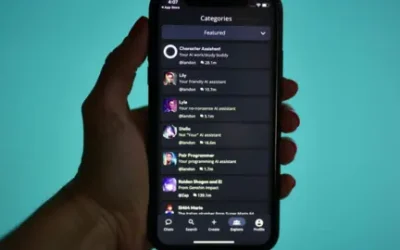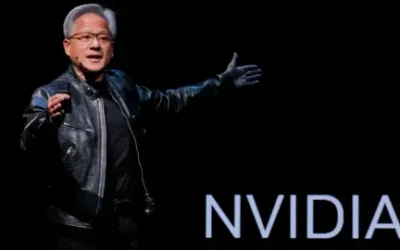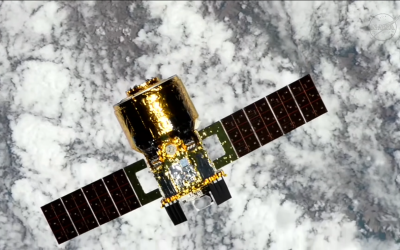OpenAI has successfully transitioned into a for-profit entity, a strategic move anticipated to unlock the potential for billions of dollars in investment capital and potentially pave the way for a future stock market debut.
In a significant recalibration of their long-standing alliance, Microsoft has officially secured a 27% ownership stake in OpenAI, the innovative company responsible for ChatGPT. This updated arrangement was jointly announced by both technology giants.
The recent agreement fundamentally alters the dynamic between the two companies, a partnership first established in 2019 when OpenAI operated as a non-profit artificial intelligence (AI) research organization.
Under a new agreement, Microsoft is now authorized to advance its development of artificial general intelligence (AGI)—a concept frequently defined as AI that surpasses human cognitive capabilities. The tech giant can pursue these sophisticated endeavors either independently or through partnerships with other entities, the companies confirmed.

OpenAI also announced its plan to establish an independent panel of experts. This group will be tasked with rigorously verifying any declaration the company makes regarding its attainment of Artificial General Intelligence (AGI).
The company refrained from disclosing the identities of individuals appointed to the panel, even when approached for comment by the BBC.
Microsoft will lend its support to OpenAI’s board as the artificial intelligence firm transitions into a for-profit entity. A significant aspect of this restructuring, confirmed by OpenAI and initially reported by Bloomberg, is that CEO Sam Altman will not hold an equity stake in the new organization.
Microsoft secured extensive rights to OpenAI’s early innovations through their foundational partnership, a pivotal arrangement necessitated by the startup’s urgent need for significant cloud computing resources.
Here are a few options, maintaining a clear, journalistic tone:
**Option 1 (Concise):**
“OpenAI’s recent surge in strategic alliances with numerous major technology companies has fueled speculation within the industry about a potential AI bubble.”
**Option 2 (Detailed):**
“A rapid succession of high-profile partnerships between OpenAI and leading tech giants has ignited discussions among observers, raising concerns about the possible formation of an artificial intelligence bubble.”
**Option 3 (Active):**
“The aggressive expansion of OpenAI’s collaborations with prominent tech players has prompted widespread speculation regarding an impending AI market bubble.”
Microsoft has finalized an updated agreement with OpenAI, securing its rights to utilize OpenAI’s advanced artificial intelligence models through the year 2032. A notable provision of this renegotiated deal, however, is the explicit exclusion of consumer hardware from the scope of Microsoft’s access.
Microsoft’s market capitalization soared past the **significant $4 trillion threshold** on Tuesday, marking only the second time in the company’s history it has reached this valuation. The milestone was achieved **following a recent announcement**.
The company first attained this significant milestone in July, making it only the second publicly-traded entity to do so, after chip designer Nvidia.

In 2022, OpenAI democratized artificial intelligence for a broad audience, largely through the groundbreaking introduction of its ChatGPT platform.
During its DevDay event in San Francisco earlier this month, Mr. Altman announced a significant user milestone: the company now boasts 800 million weekly active users.
The artificial intelligence leader OpenAI, whose valuation has soared to an estimated $500 billion, has recently unveiled a host of new products. These releases are engineered to significantly enhance user interaction and broaden the adoption of its AI technologies.
The company’s burgeoning portfolio now encompasses ChatGPT Atlas, an AI-powered browser poised to compete with Google Chrome, as well as Sora, an innovative tool designed for generating video content.
Here are several ways to paraphrase the statement, maintaining a clear, journalistic tone:
1. **However, the company consistently finds itself embroiled in controversy.**
2. **Yet, the firm is no stranger to public disputes and criticism.**
3. **The organization regularly attracts its share of contentious issues and debate.**
4. **Despite its operations, the company frequently lands at the center of heated discussions.**
5. **Controversy, however, has become a recurring fixture for the company.**
OpenAI recently restricted its advanced AI model, Sora 2, from generating deepfake videos featuring Dr. Martin Luther King Jr. This action followed a direct appeal last week from the family of the revered civil rights icon.
Here are a few options, maintaining a clear, journalistic tone:
**Option 1 (Direct & Clear):**
“OpenAI recently announced that its AI chatbot, ChatGPT, will soon allow users to generate erotica, provided they are verified adults.”
**Option 2 (Slightly More Formal):**
“The company behind ChatGPT, OpenAI, recently confirmed plans to soon permit the creation of erotica on its platform, with access exclusively for age-verified adults.”
**Option 3 (Concise & Impactful):**
“OpenAI recently revealed that ChatGPT will soon enable the generation of adult-themed erotic content, strictly for users who have undergone age verification.”
**Option 4 (Emphasizing the upcoming change):**
“ChatGPT is slated to begin allowing the creation of erotica for verified adult users, OpenAI recently disclosed.”
Critics contend OpenAI has minimized the potential mental health risks associated with its artificial intelligence tools, asserting the company prioritizes profit by developing these technologies with insufficient safety protocols.
